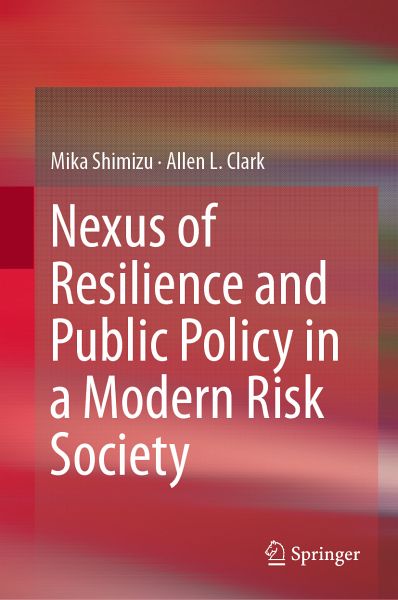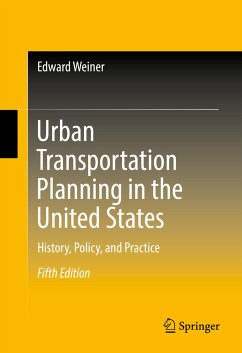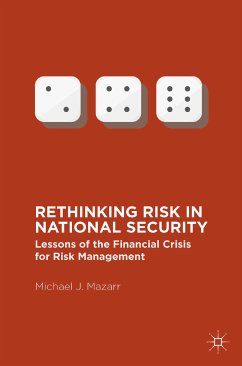
Nexus of Resilience and Public Policy in a Modern Risk Society (eBook, PDF)
Versandkostenfrei!
Sofort per Download lieferbar
72,95 €
inkl. MwSt.
Weitere Ausgaben:

PAYBACK Punkte
36 °P sammeln!
Presents a new nexus of resilience and public policy
Points out how to incorporate resilience into projects or programs to build resilient societies
Describes how to foster co-production of knowledge in complex and uncertain risk societies
Dieser Download kann aus rechtlichen Gründen nur mit Rechnungsadresse in A, B, BG, CY, CZ, D, DK, EW, E, FIN, F, GR, HR, H, IRL, I, LT, L, LR, M, NL, PL, P, R, S, SLO, SK ausgeliefert werden.












